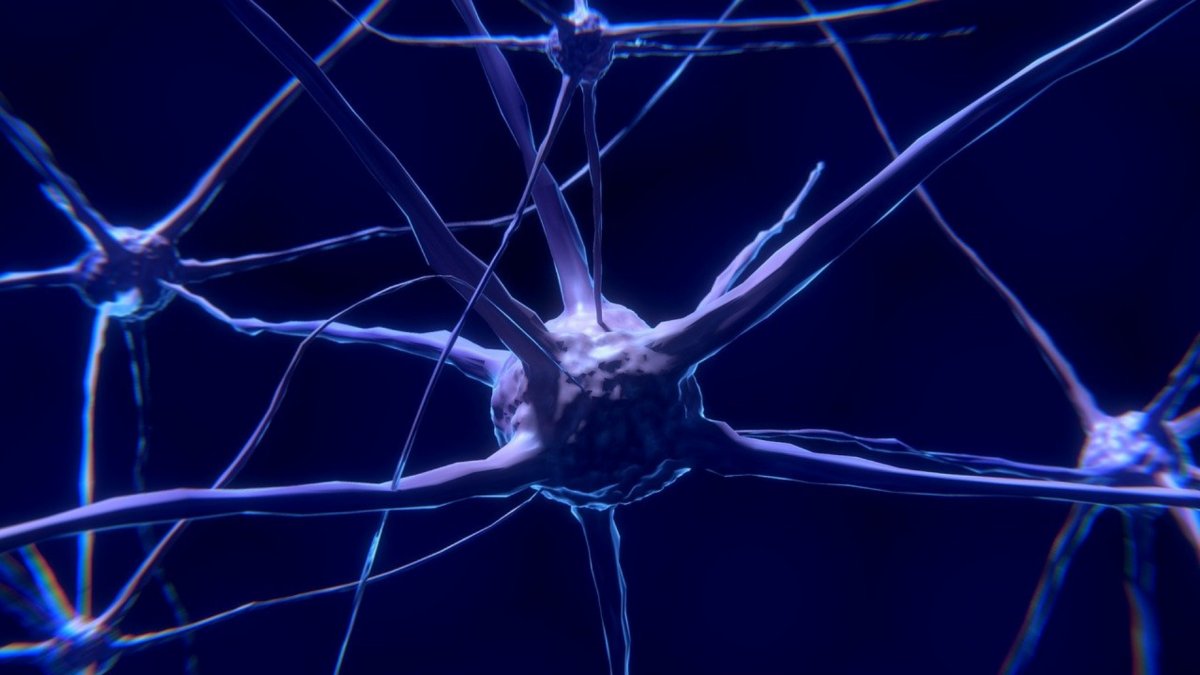Brain stimulation for obsessive-compulsive disorder
Source: Heise.de added 22nd Jan 2021Customized electrical stimuli sent to the brain without surgery can alleviate obsessive-compulsive disorder for up to three months. This is what US researchers from Boston University write in the journal Nature Medicine.
People with obsessive-compulsive disorder suffer from recurring, anxiety-inducing thoughts and compulsions. For example, they have to count, clean, or check items over and over again, even though they realize how excessive that is. If they try to suppress the compulsions, anxiety will occur. They try to distract themselves from this with the repetitions, which are perceived as a reward.
Break through the rhythms of the brain In their study, the Boston researchers concentrated on brain circuits in the forebrain above the eye sockets, which are important for learning according to the reward principle, but apparently no longer work correctly in OCD and show deviations in the beta-gamma wave range. The researchers hoped that manipulating these brain rhythms could break the compulsive reward cycle.
PhD student Shrey Grover from Robert Reinhart’s laboratory had 60 Subjects first complete a learning task and recorded their individual beta-gamma brain waves in the target area. He then divided the participants into three groups and stimulated the brain area using transcranial alternating current stimulation, i.e. non-invasively through the skull, in different ways: once closely adapted to their learning brain waves, once significantly lower frequency than a kind of active placebo and the last group received as real placebo no simulation.
Other obsessive-compulsive disorders treatable? The therapy lasted five days daily 30 minutes. In fact, the personalized stimulation seems to lead to the test subjects not limiting themselves to just one possible course of action, but also being willing to try out others. In the second part of the study, the researchers then used a similar experiment to stimulate the brains of 64 new subjects who had no formal diagnosis of obsessive-compulsive disorder but showed clear symptoms. Again, the custom brainwave manipulation proved most helpful. Test subjects with a particularly high number of symptoms seemed to benefit most.
The researchers hope that their results can also be transferred to other obsessive-compulsive disorders, for example eating disorders, gambling addiction and other addictions. Scientists like Carolyn Rodriguez at Stanford University, who are also researching treatments for obsessive-compulsive disorder, argue that the method must also work well on formally diagnosed patients. In addition, it must also show that it can keep up with other non-invasive methods such as transcranial magnetic stimulation. (vsz)
brands: ACTION Boston First It longer New One other Wave media: Heise.de
Related posts
Notice: Undefined variable: all_related in /var/www/vhosts/rondea.com/httpdocs/wp-content/themes/rondea-2-0/single-article.php on line 88
Notice: Undefined variable: all_related in /var/www/vhosts/rondea.com/httpdocs/wp-content/themes/rondea-2-0/single-article.php on line 88
Related Products
Notice: Undefined variable: all_related in /var/www/vhosts/rondea.com/httpdocs/wp-content/themes/rondea-2-0/single-article.php on line 91
Warning: Invalid argument supplied for foreach() in /var/www/vhosts/rondea.com/httpdocs/wp-content/themes/rondea-2-0/single-article.php on line 91
